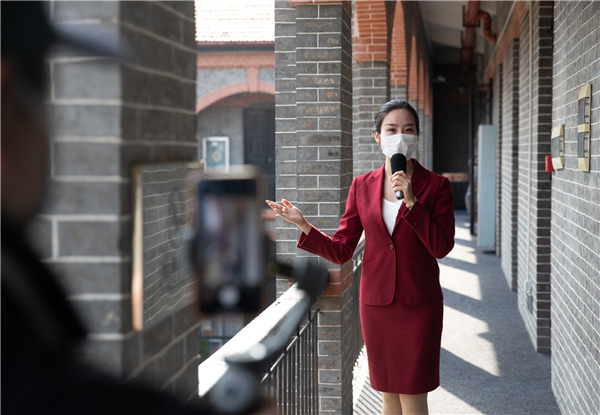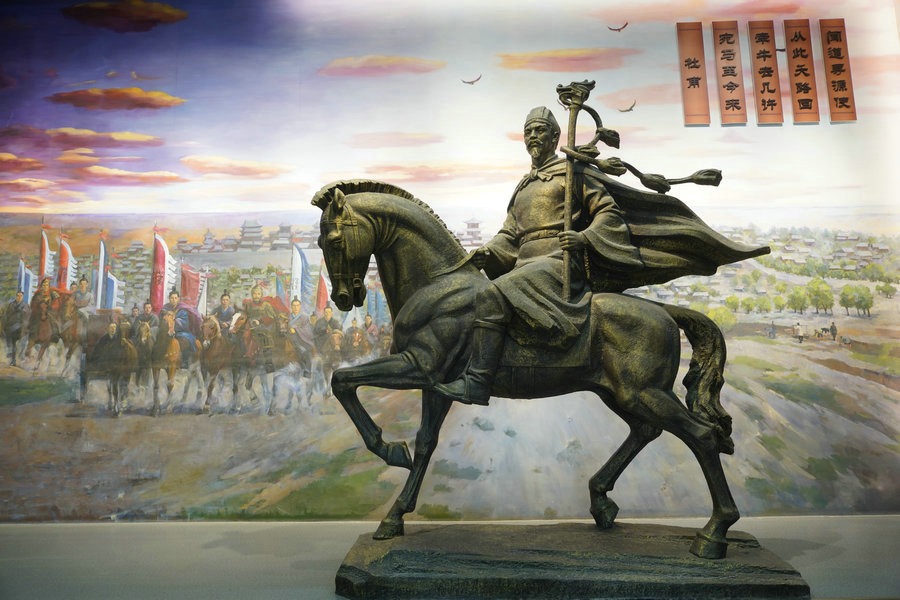Tourism sector goes digital amid epidemic


China's tourism sector is seeking long-term development to offset losses brought by the COVID-19 epidemic, with smarter infrastructure and live broadcast provided by many scenic spots.
Statistics show that consumers who used to be price-sensitive are shifting to focus more on safety, making travel safety a priority when they pick desired destinations.
According to Qunar, flight bookings on the travel platform for business class and first-class cabins, which enjoy lower passenger density, increased 46 percent from February, over 10 percent higher than that of the economy class.
Hotel data released by Qunar reflects a similar trend. Consumption of star hotels with quality service and higher safety standards has picked up remarkably since March.
The number of people staying at four-star hotels or above in March was over two times the number in February after businesses gradually resumed. First-tier cities like Shenzhen and Guangzhou saw a faster growth in terms of the number of guests at star hotels than that of budget hotels in March.
The concept of consumption, travel experience and consumption frequency will be different from what they used to be before the outbreak of COVID-19, said Ma Yong, a tourism and hospitality expert with the Hubei University.
"Tourists will give more priority to 'fitness' and 'individuation,'" Ma said, adding that self-driving tours, overseas study tours, and family tours are expected to rise by leaps and bounds, and the frequency of customized leisure tours will also go up.
Services in scenic spots are also provided in a more intelligent way to improve travel experience and prevent the epidemic.
On April 13, nationwide tourist attractions were required to complete their booking systems to avoid crowd gathering during rush hours. Travel agencies and scenic areas were urged to adopt smarter management measures.
China's largest online travel agency Trip.com Group launched online booking access earlier this month to support real-name ticket reservations, monitor tourist flows and take care of after-sales service.
Yu Xiaojiang, vice president of the travel company, said that there is an urgent need for scenic spots across the country to go intelligent and allow online booking. Trip.com will take advantage of its sophisticated service system to jointly build "smart tourist attractions" with interested partners, Yu said.

































